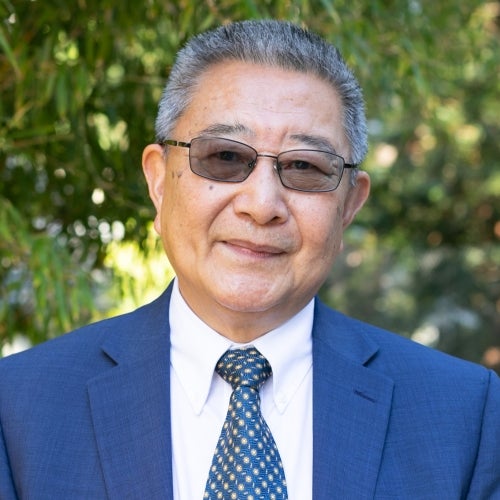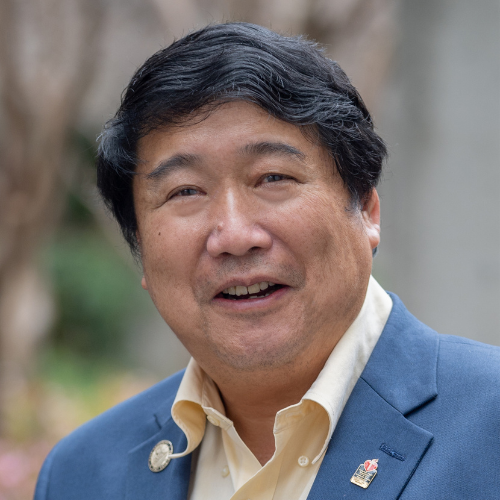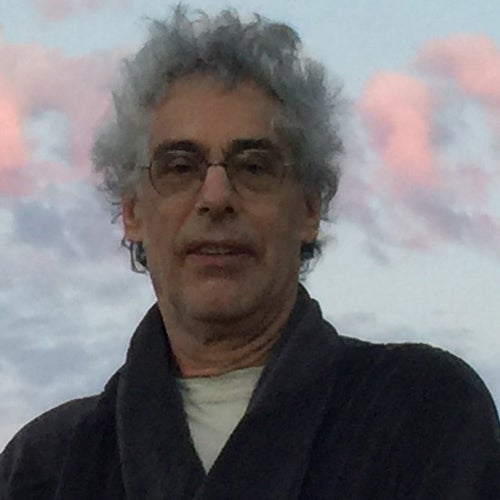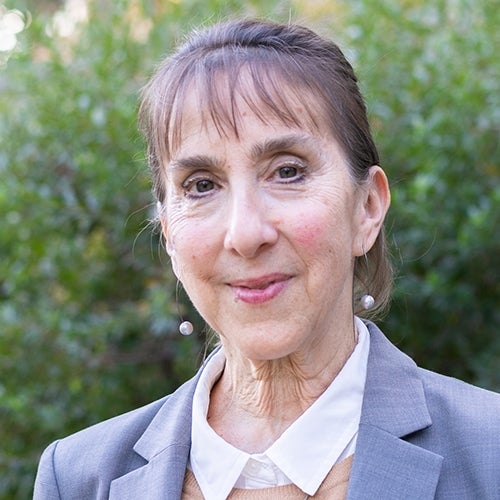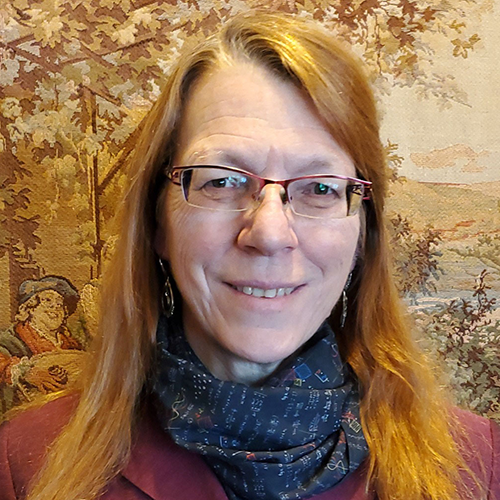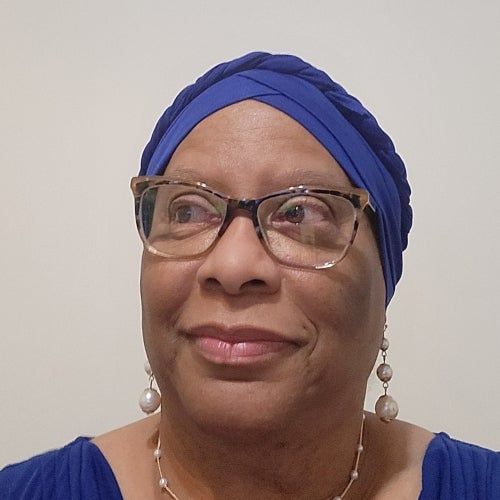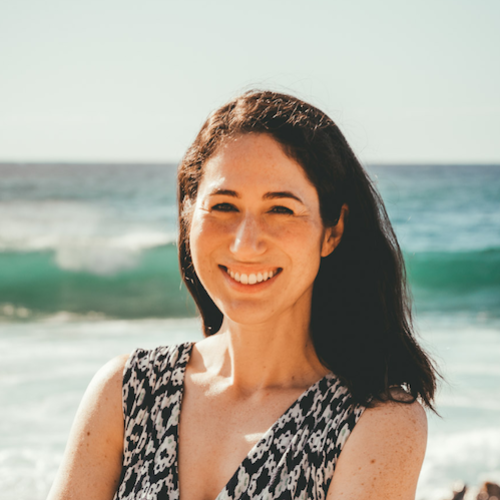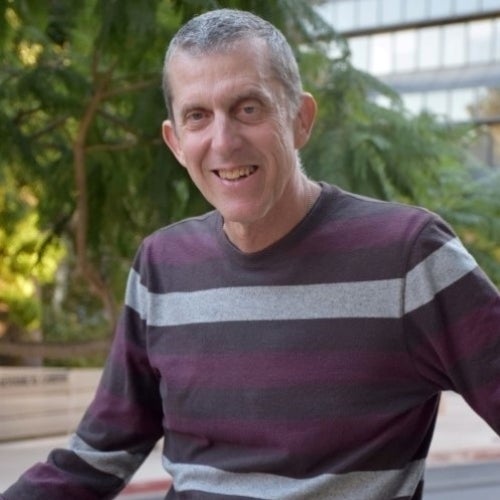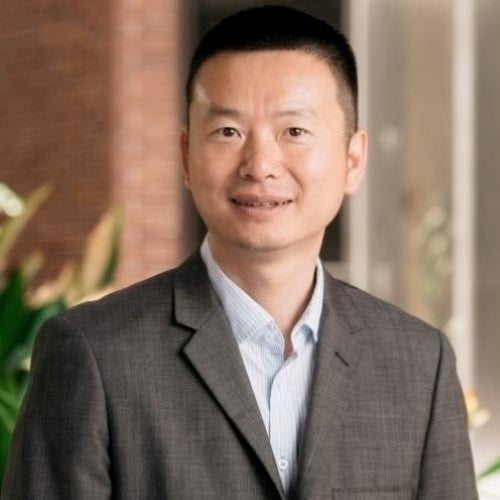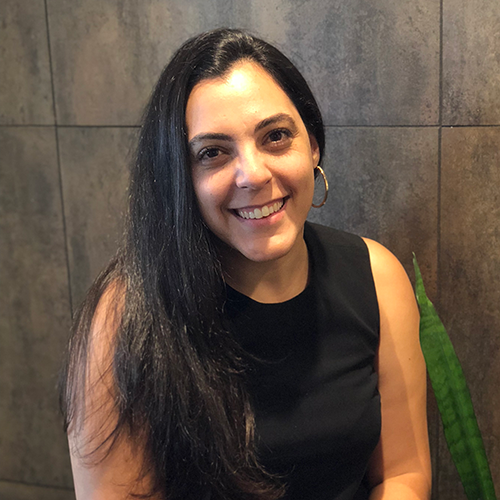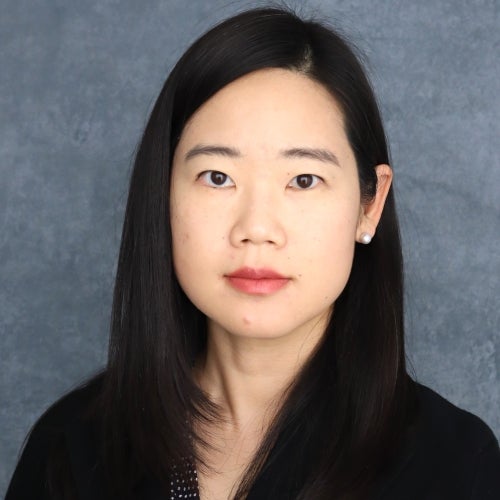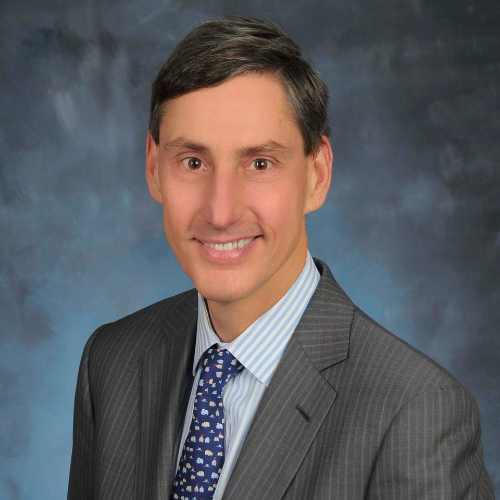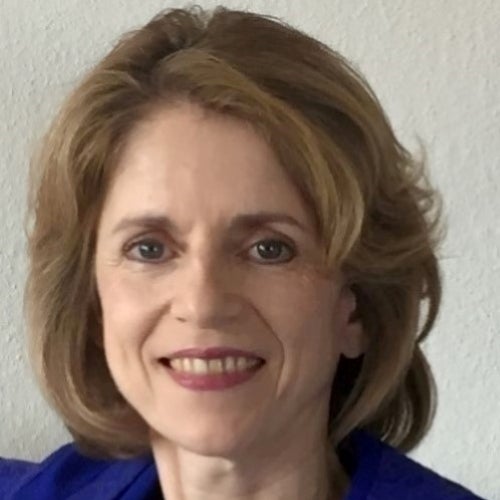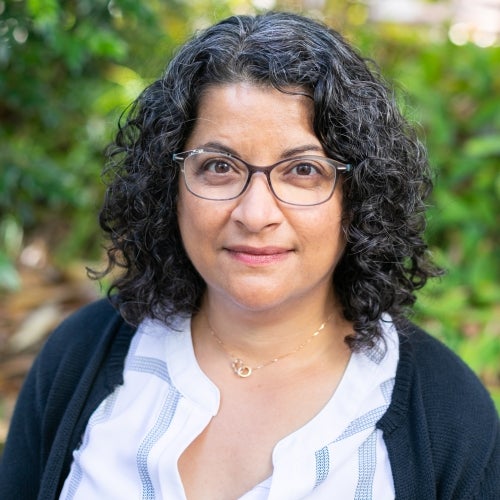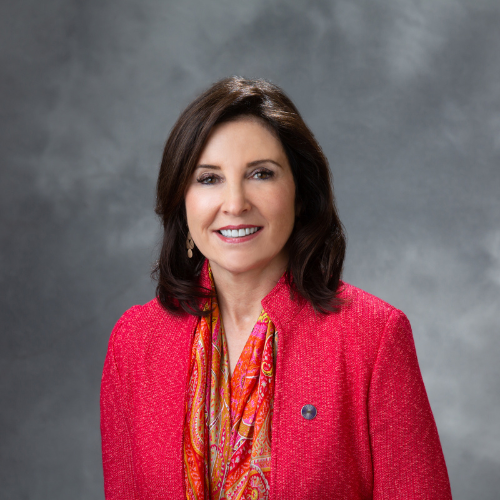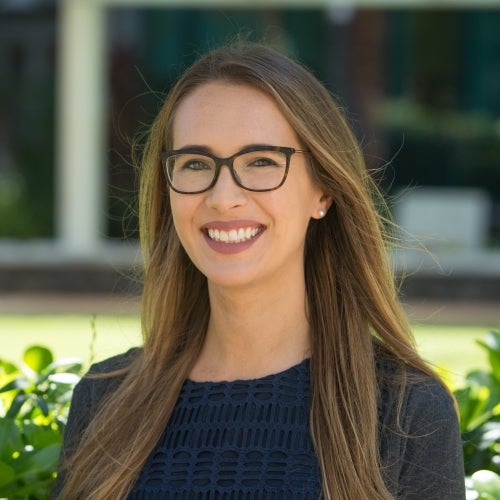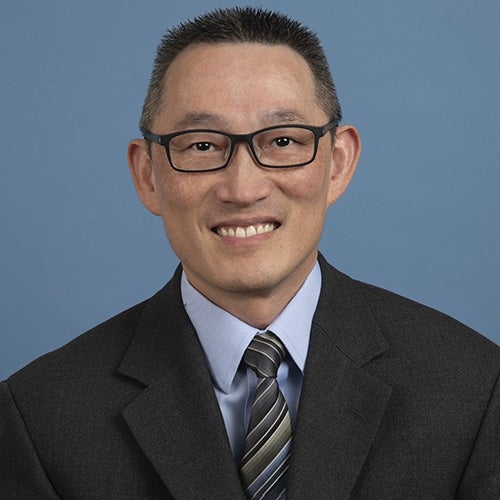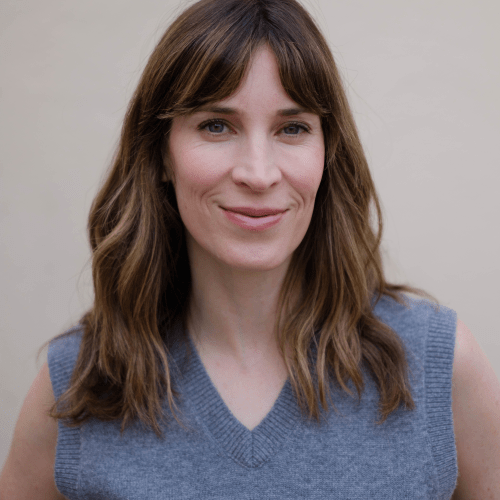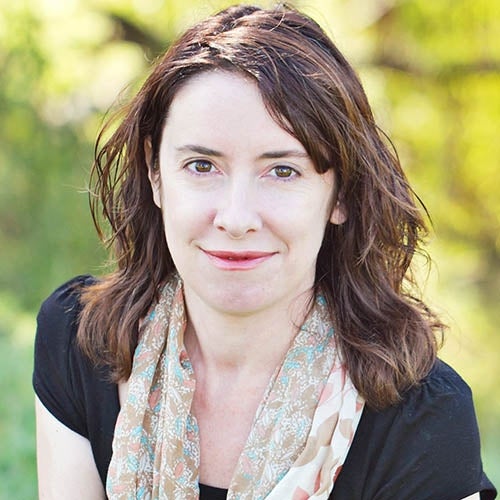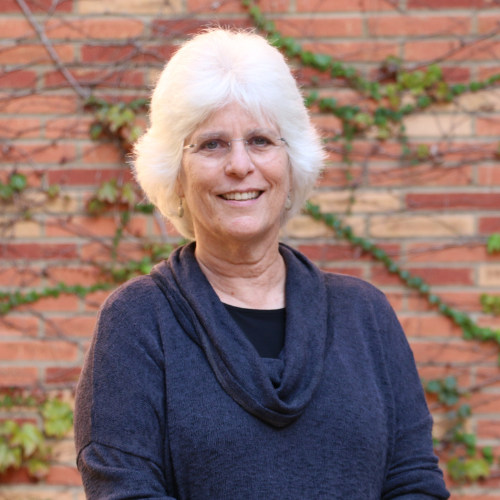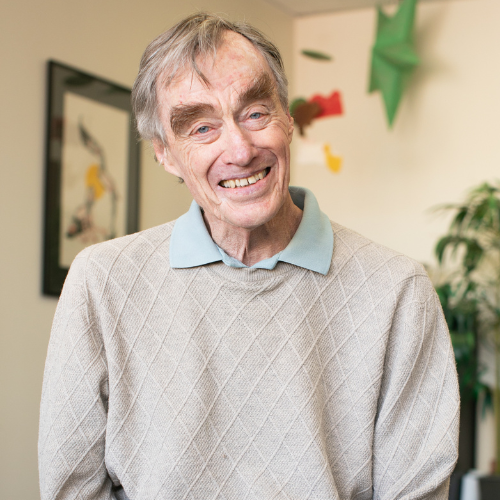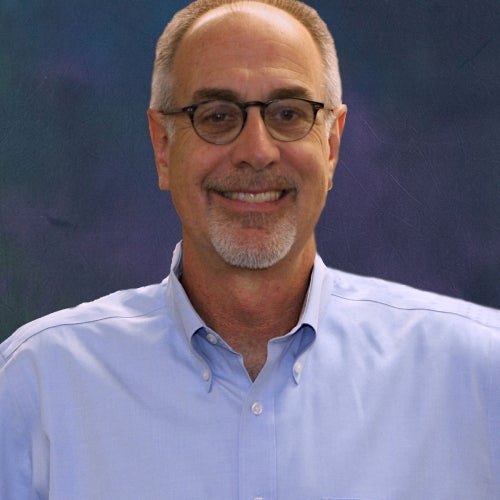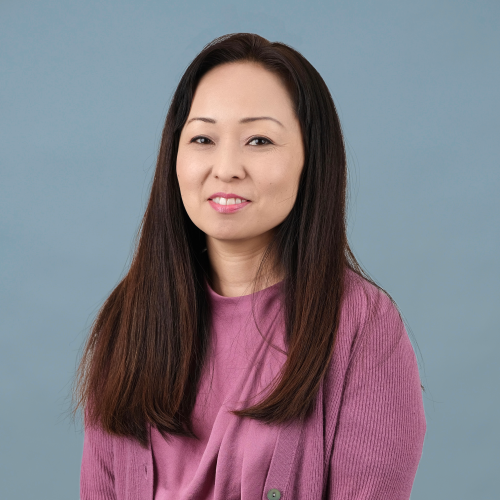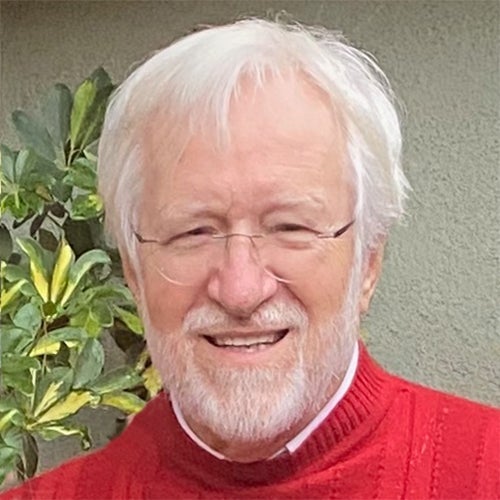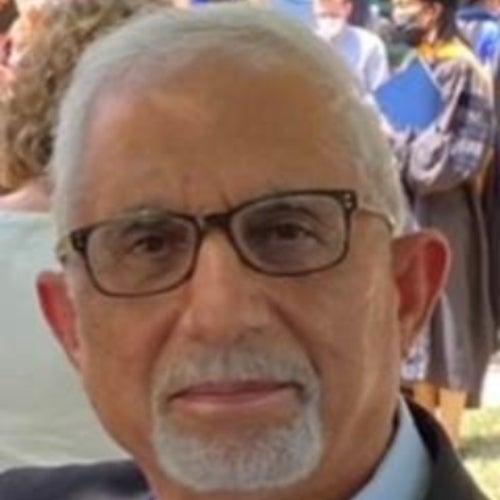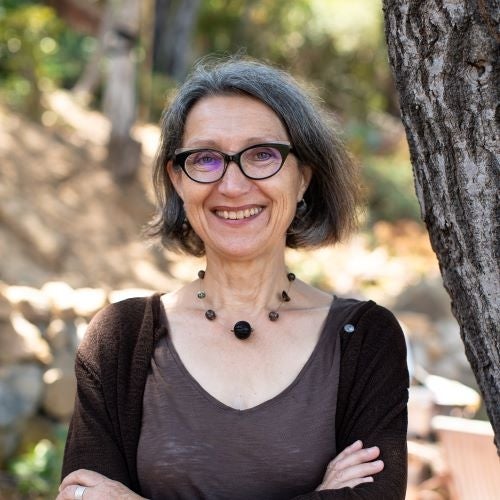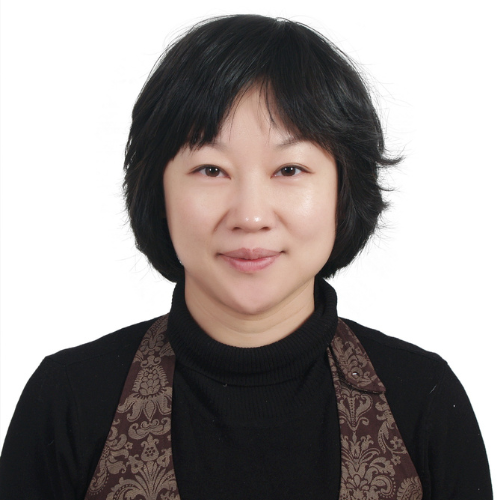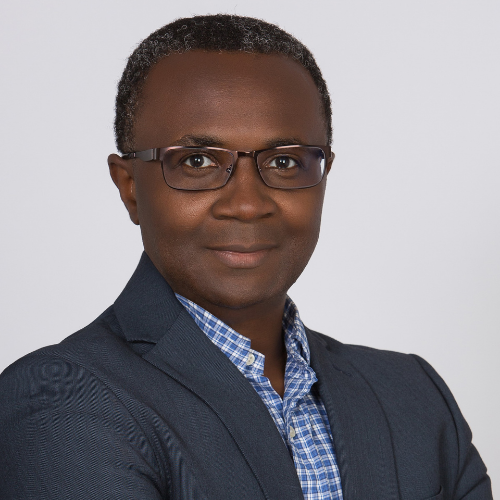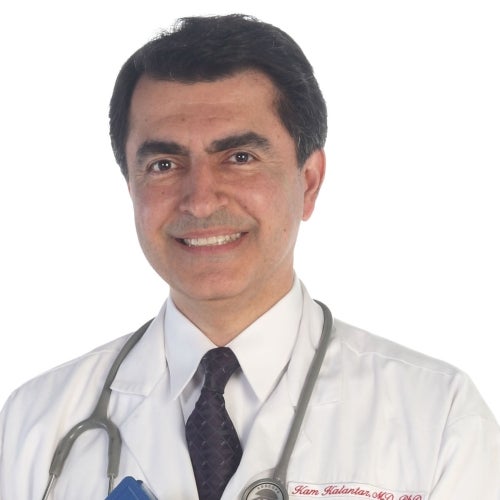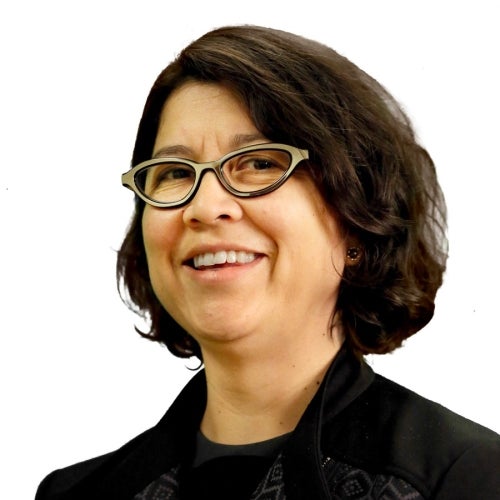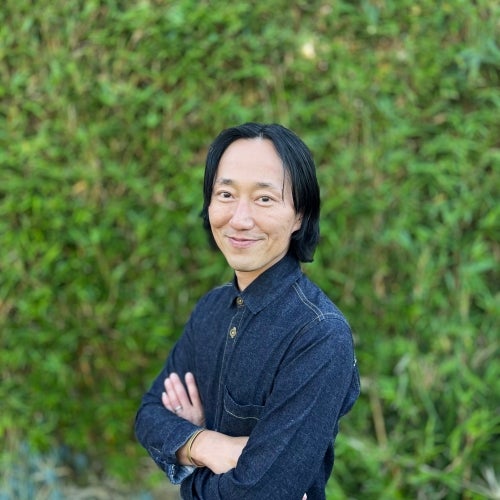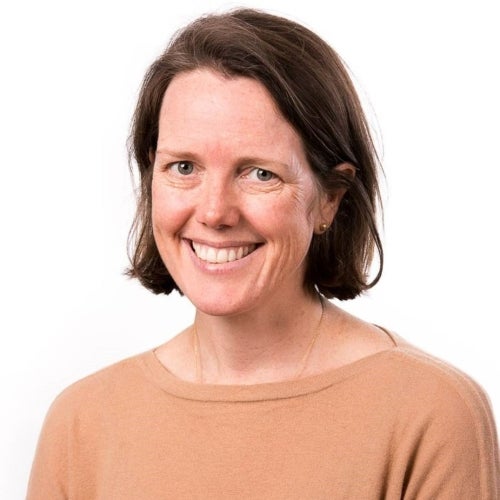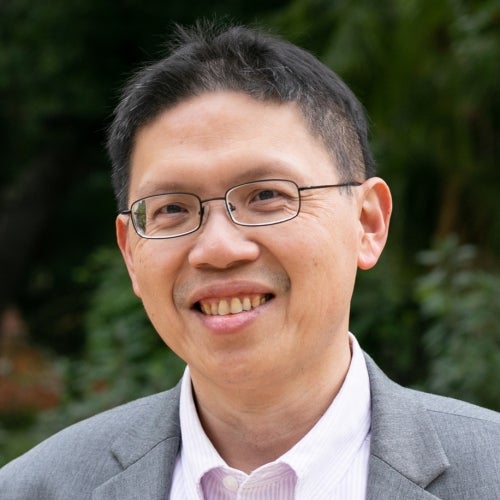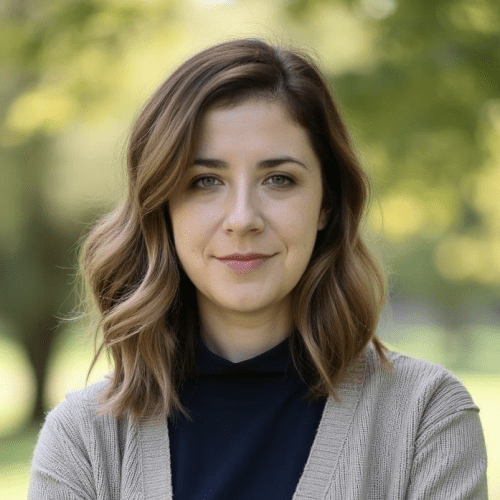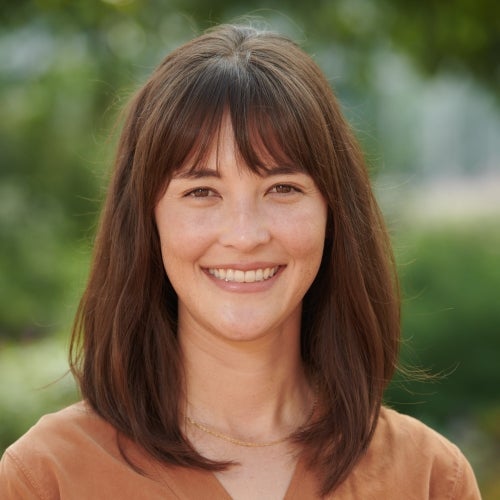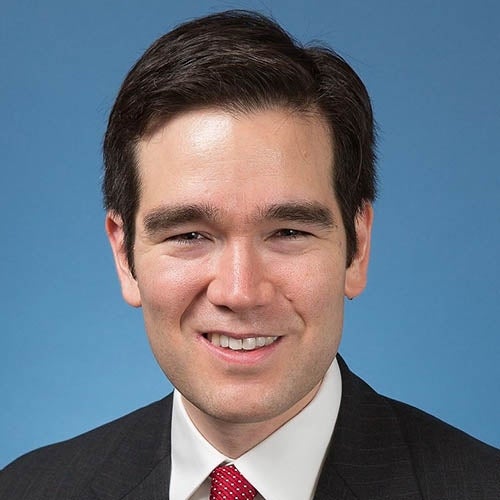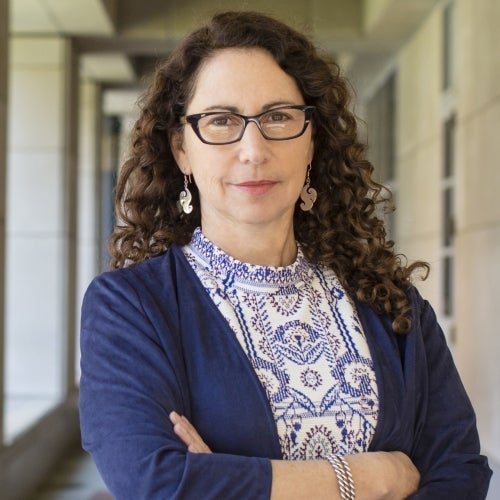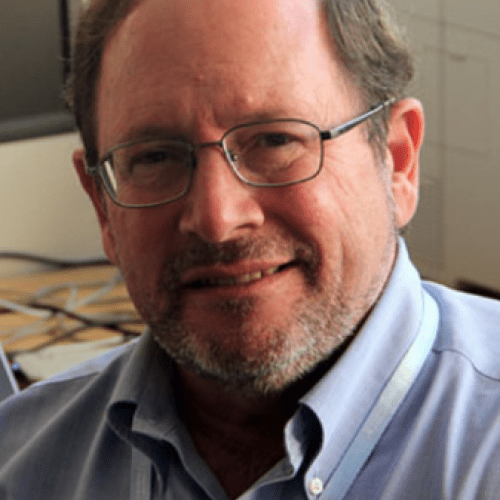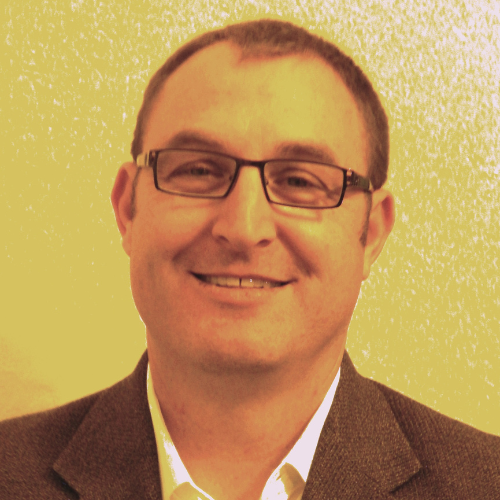Student Perspectives: Epidemiology
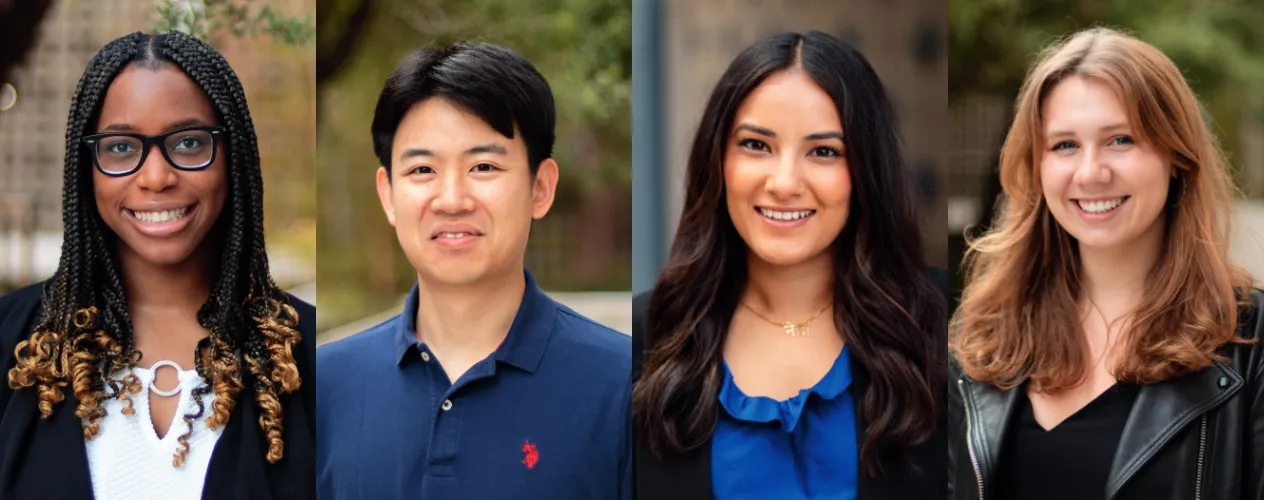
Investigating a Cancer Disparity
Danica Anukam
PhD Student, Epidemiology

Coming from a family of healthcare providers, I became interested in public health research at an early age. I was especially drawn to cancer epidemiology, because despite all the efforts to eradicate or curtail cancer, it continues to dominate our lives, touching all of us in some way.
My cancer epidemiology research will be centered on the lifestyle factors of African American/Black men who develop prostate cancer, and the extent to which health disparities affect incidence and survival in this population. Research has shown that Black men suffer disproportionately from prostate cancer compared to non-Hispanic White men — a disparity that is larger than for any other cancer. Risk factors for prostate cancer in Black men are neither well-documented nor understood. I hope my research will offer some clarity on these risk factors, as well as effective interventions for prevention.
My FSPH experience has provided me the resources and knowledge to implement my research interests. The faculty, staff, and my classmates have made my experience remarkable. My adviser, Dr. Zuo-Feng Zhang, chair of the Department of Epidemiology, has provided me with unwavering support and mentorship and has remained a source of inspiration in my pursuit of cancer epidemiology.
Alleviating the Burden of Dementia
Ryo Ikesu
PhD Student, Epidemiology
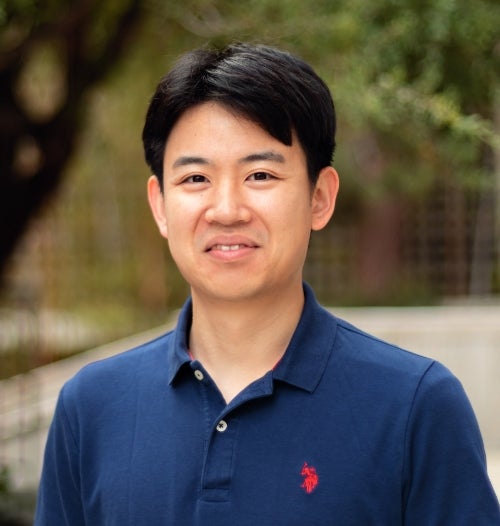
As a medical student in Japan, I believed the way for individuals to improve their health was by seeking care at medical facilities. My perspective changed once I began working as a physician and witnessed the influence of social factors on patients’ health. For instance, I encountered a patient who experienced recurring heart failure exacerbations due to low income and subsequent poor nutrition. I also became aware of the significant differences in healthcare services between rural and urban areas. Since then, my goal has been to untangle the impact of social factors and healthcare delivery on people’s health.
Currently, I am conducting research at FSPH focusing on dementia, a condition that is rapidly increasing worldwide due to aging populations, but has no curative treatment. Social factors such as access to education and loneliness have been suggested to affect dementia incidence. Additionally, healthcare services play a crucial role in maintaining the quality of life for people with dementia. With the invaluable guidance of my mentors and inspiring interactions with peers, I am committed to generating evidence on the relationship between social factors, healthcare services, and dementia. By doing so, I aspire to make meaningful contributions toward alleviating the burden of dementia in society.
Promoting Perinatal Health
Nehaa Khadka
PhD ’23, Epidemiology
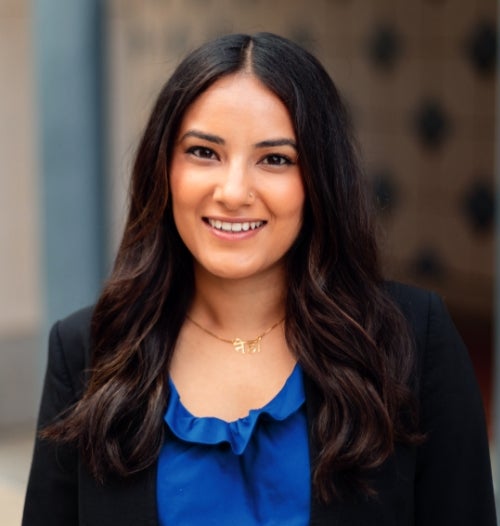
My doctoral research at UCLA Fielding focused on evaluating oral pre-exposure prophylaxis (PrEP) delivery for pregnant and breastfeeding populations in South Africa, driven by my passion for perinatal health and reducing health inequities. Collaborating closely with Drs. Dvora Joseph Davey and Pamina Gorbach of FSPH’s Department of Epidemiology, I had the opportunity to clean and analyze longitudinal data from the PrEP in Pregnancy and Postpartum (PrEP-PP) cohort study.
Adolescent girls and young women face a disproportionate burden of HIV, with high incidence rates during pregnancy and postpartum in South Africa. Daily oral PrEP is effective in preventing HIV transmission, but its provision for pregnant populations became part of standard care only in 2020, despite being available since 2015. Implementation science studies of PrEP into antenatal and postnatal care have the potential to inform clinical care and national policy decisions regarding HIV prevention for women and infants.
I am continuing my work in perinatal health as a post-doctoral fellow at Kaiser Permanente Southern California’s Department of Research & Evaluation, shifting my research focus to the local context. By conducting research within a large integrated healthcare system, my goal is to reduce disparities in care and improve health outcomes for pregnant individuals and their infants in Southern California.
Decolonizing Global Health
Sydney Merrit
MPH ’23, Epidemiology
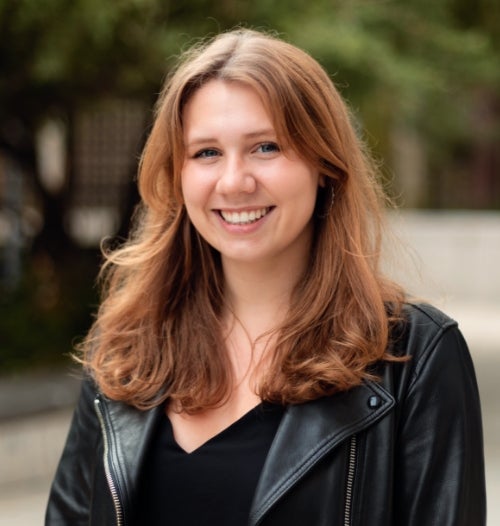
In the summer of 2022, I had the incredible opportunity to live and work in Kinshasa, Democratic Republic of the Congo (DRC), as part of the UCLA-DRC Health Research and Training Program. For an epidemiologist-in-training who happened to speak French, it was an ideal opportunity to work alongside local experts and giants in the field of infectious disease research. The day-to-day experience in Kinshasa was unpredictable — one day we’d be attending a conference on routine immunization access; the next, our office would become ground zero for data management, with handwritten registers of survey participants.
Before joining FSPH, I had a background in microbiology and immunology, with a passion for travel and an ultimate goal to work in global health. After graduation, I am returning to Kinshasa to work with the UCLA-DRC team full time. This work is important to me not only from a scientific perspective, but also through the lens of decolonizing the field of global health. Unlike historical global health work, which was almost exclusively conducted by and for the benefit of visiting researchers, in the UCLA-DRC group we work with and learn from the communities directly impacted by our research. I am beyond excited for this opportunity, and look forward to my future in the field.
Faculty Referenced in this Article
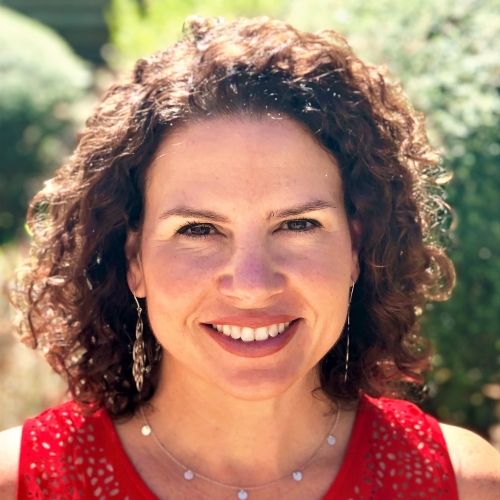
Dr. Joseph Davey is an infectious disease epidemiologist with over 20 years' experience leading research on HIV/STI services for women and children.
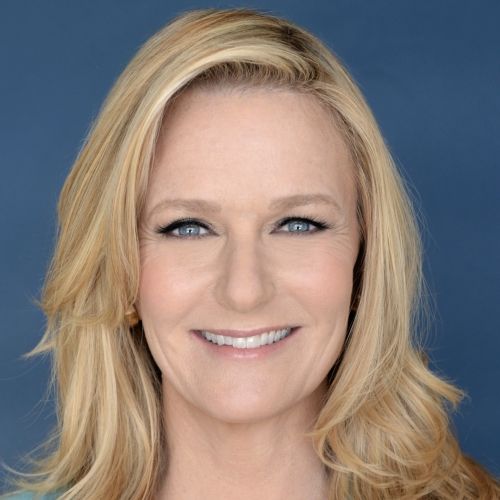
Dr. Anne Rimoin is a Professor of Epidemiology and holds the Gordon–Levin Endowed Chair in Infectious Diseases and Public Health.

Robert J. Kim-Farley, MD, MPH, is a Professor-in-Residence with joint appointments in the Departments of Epidemiology and Community Health Sciences
